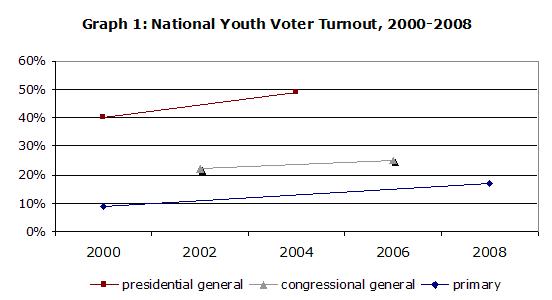(Waltham, Mass.) I have mentioned before that Middlemarch is my favorite book. Specifically, I am fond of Dorothea Brooke, its heroine. I like her; I want her to succeed and be happy. Allowing for the fact that she is a fictional character, I care about her.
Such feelings represent moral choices. Caring about someone is less important when that person happens to be fictional, but novels are at least good tests of judgment. Thus I am interested in whether I am right to care about the elder Miss Brooke. It seems to me that George Eliot was also especially fond of her heroine, and one could ask whether that was an ethical stance. Or, to put the question differently, was Eliot right to pull together a set of traits into one fictional person and describe that person in such a way as to make us like her?
The traits that seem especially problematic are Dorothea’s beauty, her high birth, and her youth. She is a young woman from the very highest social stratum in the hierarchical community of Middlemarch, surpassed by no one in rank. She is consistently described as beautiful, not only by other characters, but also by the narrator. In fact, these are the very first lines of Chapter One:
Miss Brooke had that kind of beauty which seems to be thrown into relief by poor dress. Her hand and wrist were so finely formed that she could wear sleeves not less bare of style than those in which the Blessed Virgin appeared to Italian painters; and her profile as well as her stature and bearing seemed to gain the more dignity from her plain garments, which by the side of provincial fashion gave her the impressiveness of a fine quotation from the Bible,–or from one of our elder poets,–in a paragraph of to-day’s newspaper. She was usually spoken of as being remarkably clever, but with the addition that her sister Celia had more common-sense.
This introduction contains no physical detail, in contrast to the portrayals of other characters in the same novel, such as Rosamond and Ladislaw. The simple fact of Dorothea’s beauty is not complicated by the mention of any particular form of beauty that a reader might happen not to like.
We have a tendency, I think, to want beautiful and high-born but lonely young ladies to live happily ever after. When we were young, we heard a lot of stories about princesses. We expect a princess to become happy by uniting with a young and attractive man; and whether that will happen to Dorothea is a suspenseful question in Middlemarch.
If we are prone to admire and like Dorothea because she is beautiful, Eliot complicates matters in three ways. First, she produces a second beautiful young woman in need of a husband, but this one is bad and thoroughly unlikable. (At least, it is very challenging to see things from Rosamond’s perspective, as perhaps we should try to do.) Second, in Mary Garth, Eliot creates a deeply appealing young female character who, we are told, is simply plain. Third, Eliot makes Dorothea not only beautiful, but also “clever” and good.
Evidently, beauty does not guarantee goodness, nor vice-versa; yet several people in Middlemarch think that Dorothea’s appearance and quality of voice manifest or reflect her inner character. This seems to be a kind of pathetic fallacy: people attribute virtues to her face, body, and voice as poets sometimes do to flowers or stars. But of course the characters who admire Dorothea’s appearance as a manifestation of her soul may be right, within the world that Eliot has created in Middlemarch. Or perhaps character and appearance really are linked. Rosamond, for instance, could not be the same kind of person if she were less pretty.
I presume that it is right to like someone for being good, but it is not right to like someone because she is beautiful. One could raise questions about this general principle. Is someone’s goodness really within his or her control? Perhaps we should pity (and care about) people like Rosamond who are not very virtuous. On the other hand, if we can admire beauty in nature and art, why not in human beings? And what about cleverness, which is not a moral quality but is certainly admired?
One interpretation of the novel is that Dorothea does not have a moral right to her inheritance or to her social status. These are arbitrary matters of good fortune, and she is wise to be critical of them. She does, however, according to the novel, deserve a happy marriage to a handsome man because she is both good and beautiful (and also passionate). The end of the novel feels happy to the extent that she gets the marriage she deserves. Does this make any sense as a moral doctrine? Is it an acceptable moral doctrine within a fictional world, but inapplicable to the real world?
Beautiful people tend to find other beautiful people, just as the rich tend to marry the rich and (nowadays) the clever marry the clever. Lucky people have assets in the market for partners. But is this something we should want to see? What if the plain but nice Mary Garth ended up with a broodingly handsome romantic outsider, and Dorothea married a nice young man from the neighborhood? Would that ending be wrong because beauty deserves beauty, or would it only be an aesthetic mistake (or a market failure)?
